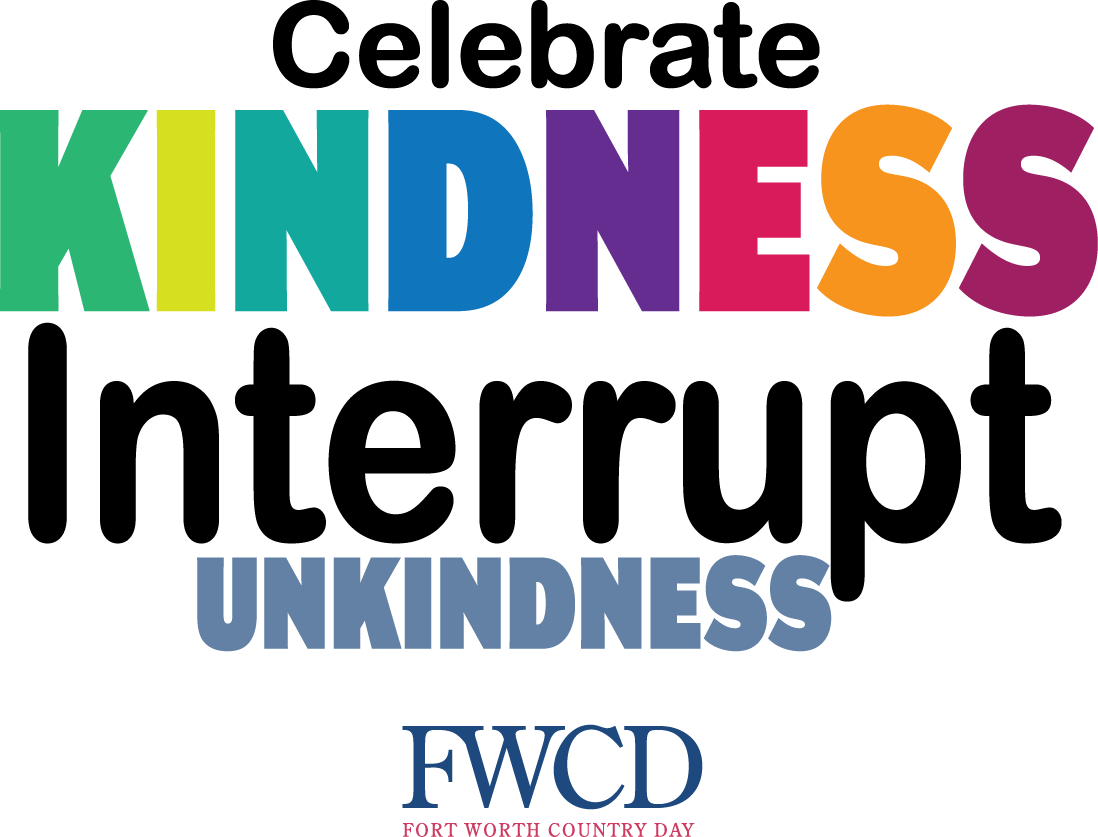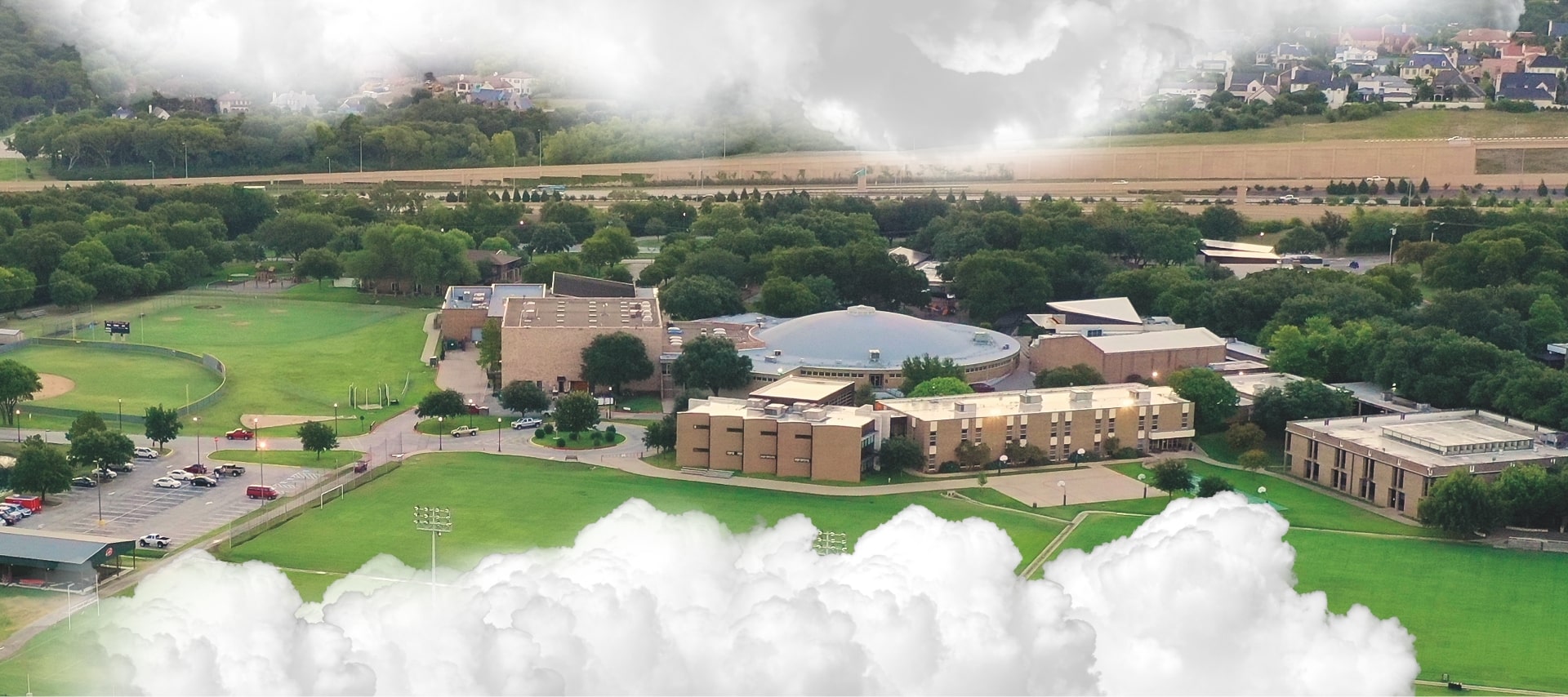Worrying as a Job Description

A part of my job description, as I have said before, is to worry. Hopefully, my worrying allows others to not worry as much about traffic patterns on campus, kindness in our community, AI, facilities, or any number of school community topics.
Looking ahead to the fall of 2024 in our community, my worries include likely tensions from different perspectives regarding political issues. We need to be especially intentional in guiding conversations as the November elections approach. Wednesday, November 6, is a day we want to be prepared to model and guide productive conversations, particularly in our Upper School.
As worrier-in-chief, I feel responsible for preempting as many concerns as possible. One approach we are taking on campus to prepare for the potential challenges in November 2024 involves modeling civil discourse. Under the direction of Colin Douglas ’06, History Department Chair, a student committee is involved in lining up an important event for us at school, one we are calling Democracy Day. Scheduled for late September, the day will involve age-appropriate opportunities for engagement across Lower, Middle and Upper Schools. You will learn more about Democracy Day in the early fall.
Another approach we are taking in the modeling of civility is talking about kindness and about sources of polarization and outrage in our larger community and country. Two sources I have found to be particularly powerful on these topics are a speech and a podcast linked below.
I hope you might get to listen to David Brooks’ speech. Brooks is a powerful thinker and communicator. I have mentioned before that my wife and I cherish the 14-minute conversation he, as a conservative, and Jonathan Capehart, a liberal commentator, have with a PBS news anchor every Friday night at about 6:30 p.m. Brooks’s particular speech linked above is based on his 2023 book, How to Know a Person. I have chosen to sponsor this book for this summer’s Upper School reading list.
Back to my worries, in this case, I worry that books like Brooks’ are only being read by the “choir.” How can we get more people to buy into the notion of deep listening and curiosity about each other rather than counter-arguing and condemning each other? Hopefully, we can do our own small part at school, sharing lessons with students through books we read and discuss (and hearing life stories like those of teachers Sil Azevedo and Shaheen Matuni, referenced in the story in this newsletter titled, “Parting Wisdom”).
And the Brene Brown podcast interview with Kellogg School of Business Researcher Dr. William Brady is sometimes unnerving while being overall quite comforting about the potential for change. Brady furthers arguments Jonathan Haidt makes both in his new book (The Anxious Generation, which I have not read yet) and in previous articles and research on the specific issue of cell phones and social media feeding negative cycles (e.g., an Atlantic article which I have addressed previously).



















